According to a study in The Lancet medical journal, Russia’s new coronavirus vaccine—named “Sputnik V”— has shown promising results in the early stages of human trials.
The vaccine apparently generates a strong immune response in test subjects with minimal side effects. As The Lancet points out, this doesn’t necessarily mean the vaccine is effective. The study was small — only 76 people — and confirmation awaits large-scale trials involving thousands of people.
The vaccine induced a strong immune response in all 76 participants. Presumably these results were available to the Russian Ministry of Health. For regulators such as the US Food and Drug Administration (FDA) and the European Medicines Agency, however, data on immune response alone would not generally be an adequate basis for approving a vaccine. “Immune response might not be directly proportional to the degree of protection—you can only find this out in large-scale trials”, explains Peter Openshaw, professor of experimental medicine at Imperial College London (London, UK).
But many researchers are cautious and question the mass production of the vaccine. The Kremlin says Russia will start to produce the vaccine in large quantities this month and can manufacture 500 million doses a year.
“We have no idea whether this vaccine is safe or whether it works”, cautions Ashish Jha, Dean of the Brown University School of Public Health (Providence, RI, USA). “It is really worrying when people start to bypass the standard process we have for vaccine development.” Those behind the Russian vaccine have offered a combative response to such criticism. The official website was established with the stated aim to “provide accurate and up-to-date information about Sputnik V and to combat the misinformation campaign launched against it in the international media”.
The human body may basically be the same, and the differences from person to person may be small, but those differences can mean life or death for some people. Without large-scale human trials, we’re in the dark about what percentage of the population might be sensitive to the vaccine’s ingredients. In the vast majority of cases, mild side effects like fever, muscle aches, headache, and diarrhea can be expected in a relatively small percentage of subjects. More serious side effects are even rarer, but may be life-threatening.
It would be an amazing achievement — and extremely lucky — if the Russian vaccine were to be safe and effective for the vast majority of subjects.
But CNN reports an abnormally high number of vaccine recipients reporting side effects.
In the study, half of the participants developed fevers and 42% developed headaches. In addition, about 28% experienced weakness and 24% had joint pain.
The article did not say how long these side effects lasted but said “most adverse events were mild.”
For older patients with weakened immune systems, those “mild” side effects could prove to be more serious than it would be for younger, healthier subjects. That, too, can only be discovered in large-scale human trials.
So the question is, did Russia jump the gun?
Given the pace at which the candidates are moving through the stages of development, Jha wonders why Russia felt it was necessary to skip straight to approval. “I do not think it makes sense; the difference between doing things correctly and not doing things correctly is a matter of a few months”, he said. “It seems like a very small gain, and the middle of a pandemic is not the time to be cutting corners.” There has been speculation that the approval has been motivated by nationalism. Most countries would welcome the positive publicity generated by being the first to bring a vaccine against SARS-CoV-2 to market. The USA has also invoked the space age in its fight against COVID-19; it named its drive to secure 300 million doses of vaccine by January, 2021, Operation Warp Speed.
In addition to “nationalism,” there are also several billion dollars at stake in the race to be first. And, yes, the prestige in being first would be a boost to Vladimir Putin’s ego.
But we may end up paying a helluva price to satisfy one man’s vanity.


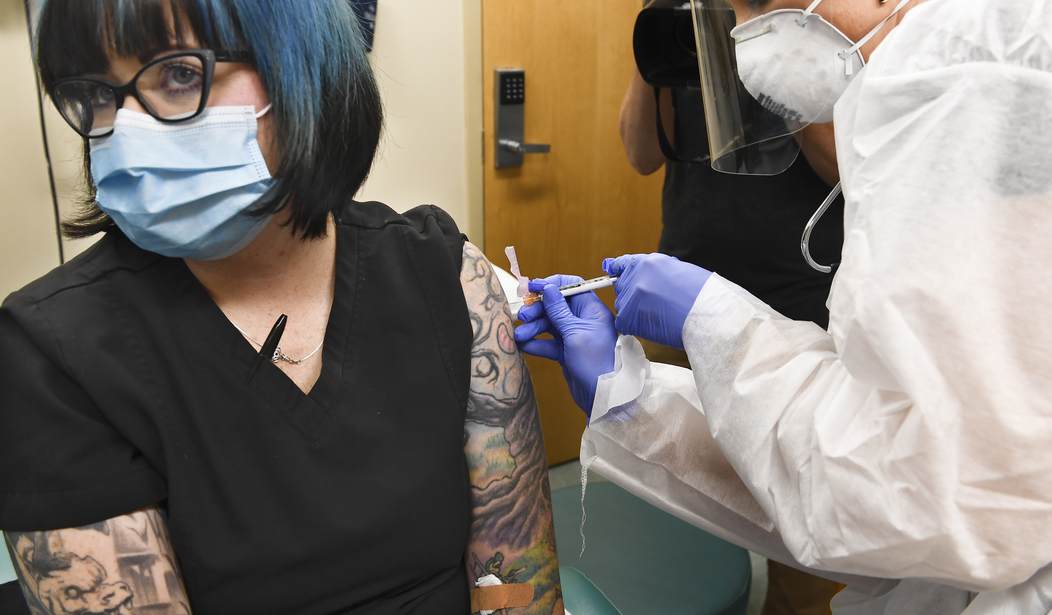

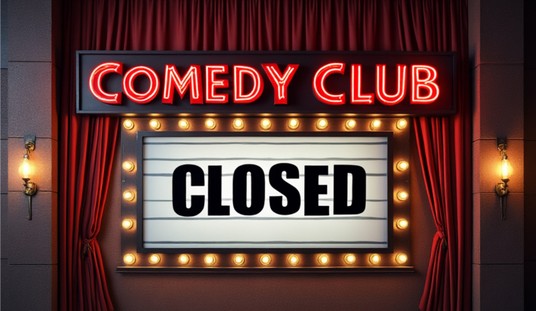

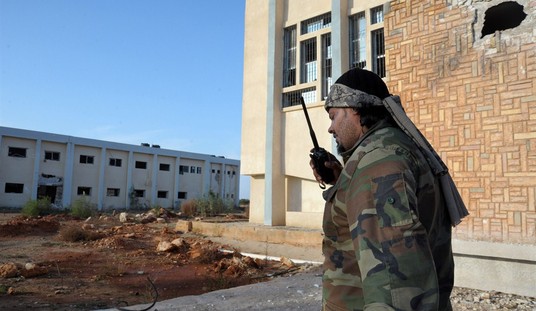
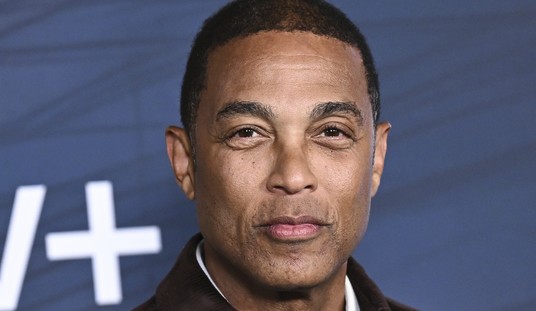

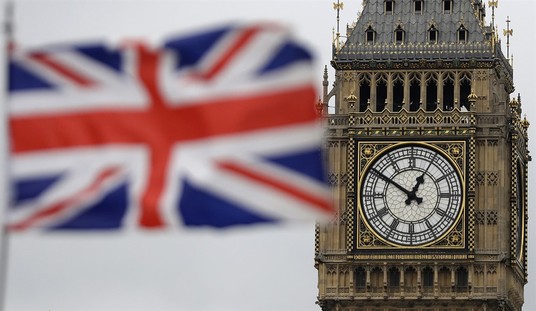
Join the conversation as a VIP Member